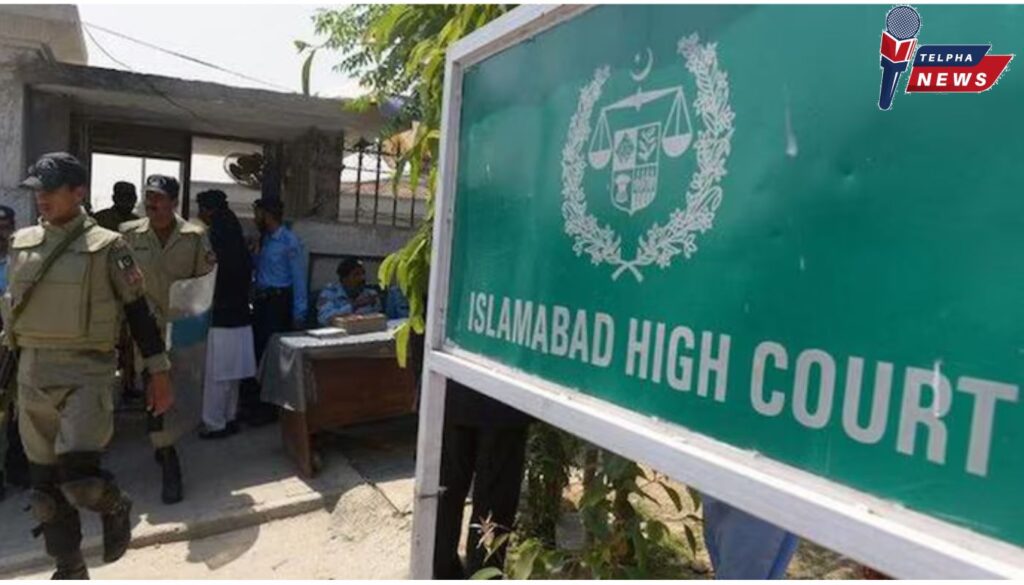
Introduction
In an unprecedented development, the Pakistani government has admitted in the Islamabad High Court that Pakistan-Occupied Kashmir (POK) is a foreign territory. This rare admission emerged during the legal proceedings involving the kidnapping case of Kashmiri poet Ahmed Farhad Shah, bringing to light significant legal and political ramifications.
Background
The acknowledgment from Pakistan’s Additional Attorney General occurred on May 31, 2024, during a court hearing presided over by Justice Mohsin Akhtar Kayani. The case revolved around the forced abduction of Ahmed Farhad Shah by Pakistani intelligence agencies from his home in Rawalpindi.
The Court’s Proceedings
During the hearing, the Additional Attorney General stated that Ahmed Farhad Shah was in police custody in POK and could not be produced before the Islamabad High Court. This assertion was based on the claim that POK is a foreign territory with its own constitution and judiciary. Consequently, judgments from Pakistani courts in POK are treated as judgments from foreign courts.
Justice Kayani’s Response
Justice Kayani responded sharply to this statement, questioning the legality of the Pakistani military and Pakistani Rangers’ presence in POK if it was indeed a foreign territory. His criticism extended to the continued practice of forced abductions by Pakistan’s intelligence agencies, highlighting a deep-rooted issue within the country’s governance and legal system.
Implications of the Admission
The admission has far-reaching implications both legally and politically:
- Legal Jurisdiction: The Pakistani government’s acknowledgment that it has no jurisdiction over POK challenges the long-standing perception of the region’s status. This admission could potentially impact legal proceedings and governance in the territory, leading to calls for clearer delineation of jurisdictional boundaries.
- Political Dynamics: Politically, this admission may affect the ongoing discourse around Kashmir. India has consistently asserted that POK is an integral part of its territory. The statement by the Additional Attorney General reinforces India’s stance and might be used diplomatically to assert its claims over the region.
- Human Rights Concerns: The case of Ahmed Farhad Shah underscores the ongoing human rights issues in POK. Shah, known for his activism and criticism of the Pakistani establishment, has faced persecution, highlighting the broader issue of freedom of expression and human rights abuses in the region.
India’s Response
India’s Minister of External Affairs, S. Jaishankar, recently reiterated India’s position, asserting that POK has always been and will always remain a part of India. This admission by Pakistan’s legal representative provides India with additional diplomatic leverage to reinforce its claims on international platforms.
Conclusion
The rare admission by the Pakistani government that Pakistan-Occupied Kashmir is a foreign territory marks a significant moment in the region’s complex history. It not only raises important legal questions but also has the potential to shift the political landscape concerning Kashmir. The case of Ahmed Farhad Shah serves as a poignant reminder of the ongoing struggles faced by activists and the urgent need for addressing human rights issues in the region. As the situation evolves, it remains to be seen how this admission will influence future legal and diplomatic engagements.